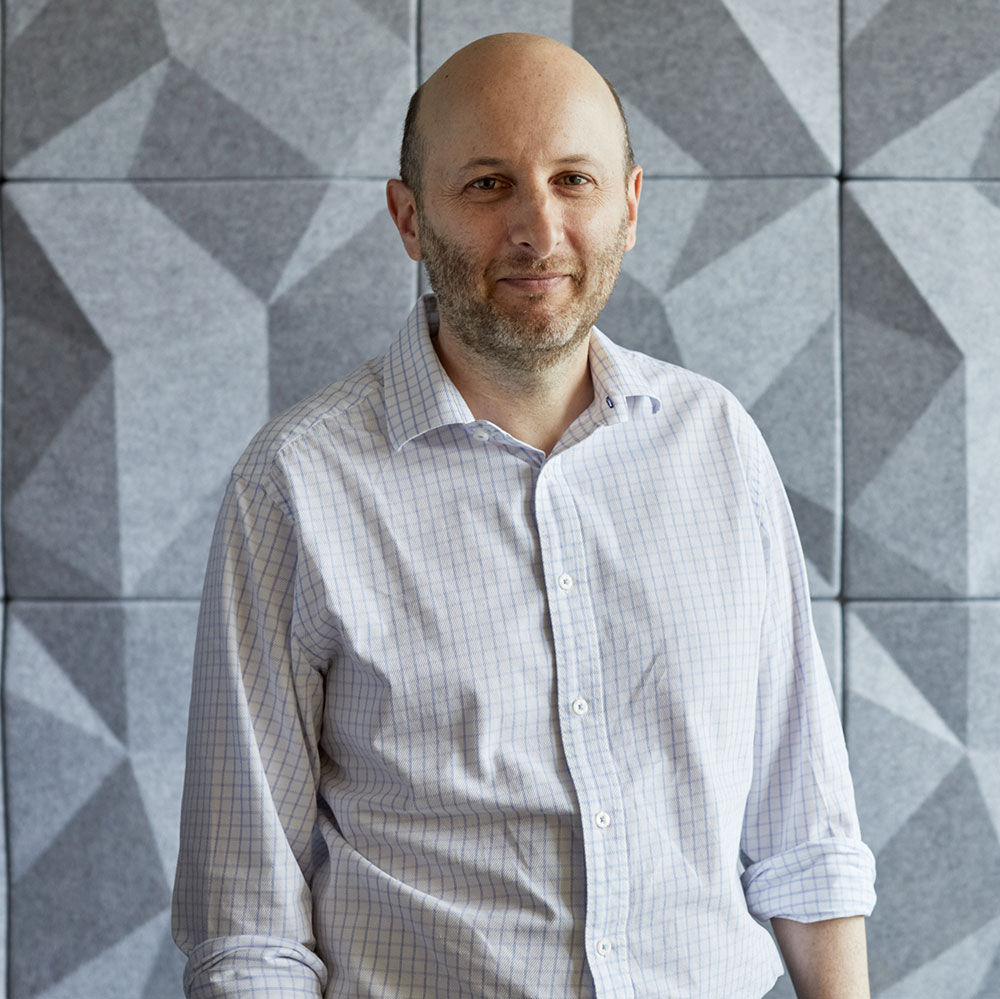Research theme
Research group
Biography
Dr Benjamin Rayner joined Children's Cancer Institute in November 2020, as a Senior Scientist in the Brain Tumours Group. Ben moved to the Institute from the Heart Research Institute, where his research was focussed on developing novel therapies for atherosclerosis and heart failure.
Ben’s work in the Brain Tumours team focuses on identifying and validating novel targets for the treatment of diffuse intrinsic pontine glioma (DIPG), a particularly aggressive brain tumour mainly affecting young children. His role involves assessing compounds found to show activity against DIPG, delineating mechanisms of action and uncovering further potential treatment options for the disease.
‘The processes involved in vascular dysfunction, and the detrimental cardiac remodelling that occurs following heart attack, share many similarities with cancer progression,’ he explains. ‘In my previous role I was working in partnership with a pharmaceutical company to develop novel inhibitors to stop the fibrosis that occurs following a heart attack. This research highlighted the role of post-translational protein modifications effecting epigenetic mechanisms, processes intricately involved in and directly relevant to tumour growth, which is how I became interested in the cancer side of things.’
In future research, Ben hopes to develop and apply proteomic approaches to improve our understanding of DIPG and the different mechanisms at play in its development.
With DIPG currently incurable and uniformly fatal, Ben says motivation runs high. ‘DIPG is a very exciting field to work in. Since children are the end patients, there is a high care factor; you get involved more as a researcher. Everyone in our group is very passionate about what they do.’
Publications
Related news & blogs

Professor David Ziegler elected fellow of the Australian Aca...

International study sheds new light on deadly childhood brai...

Grant supports ‘first in class’ treatment drug for deadl...














